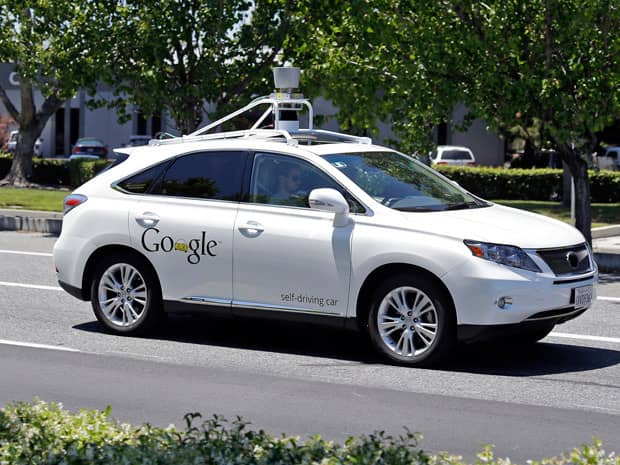
The Appeal of Driverless Cars
Perhaps surprisingly, the new development in motoring technology most appeals to the older generation.
Last year, a study concluded that more than half of Britain’s adults would not buy a driverless car with malfunction being the main reason why people are put off by them. This leads on nicely to a pressing question, who do driverless cars appeal to? If you were to make assumptions, you would assert that older people are probably less likely to entertain the idea of owning a driverless car compared to the younger generation. One in three over 65s believes that driverless cars are the future, compared with just one in five 18-24 year olds. The main reason for embracing the new technology is that it would mean that they would not have to face the difficulty of maintaining concentration on the road, and it would make driving in rush-hour traffic easier.
Driverless Cars
Driverless cars could also assist with another problem that some elderly people face. With those who live in areas which have poor transport links, the driverless car offers a lifeline that could liberate them from the confines of their homes. A report by The International Longevity Centre – UK (ILC-UK) called The Future of Transport in an Ageing Society found that a third of over 65s never use public transport, despite being eligible for free bus travel. Around 35,000 people aged 65-84 have difficulty walking even short distances, are confined to using public transport which then makes a journey more complicated or presents other obstacles. With the introduction of driverless cars, the elderly will be able to continue driving for longer which would make them less reliant on public transport and they’ll be able to get to places more easily. Also, car insurance premiums may be reduced if Google’s assertions that their driverless cars will cause fewer accidents prove to be correct.
It seems as though driverless cars could prove valuable to the elderly who are perhaps less able to drive a manual car as the burden will be taken off them and the car will be operated by a computer. The only obstacle is the price of a driverless car. Although it isn’t a driverless car that you will commonly see people driving, Induct Technology launched an electric driverless shuttle bus that sold for £170,000. While we don’t think a driverless car would cost as much as Induct Technology’s Navia model, it’s still indicative that the driverless car might be a bit out of the price range of someone living on a pension. We think it is reasonable to suggest that driverless cars won’t be affordable on the day of their release, but there is hope that more affordable models will start appearing on the market in the future.